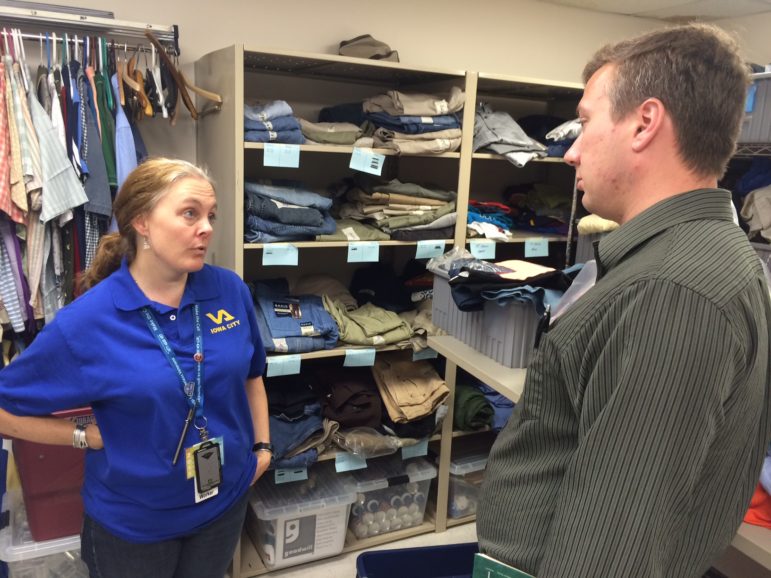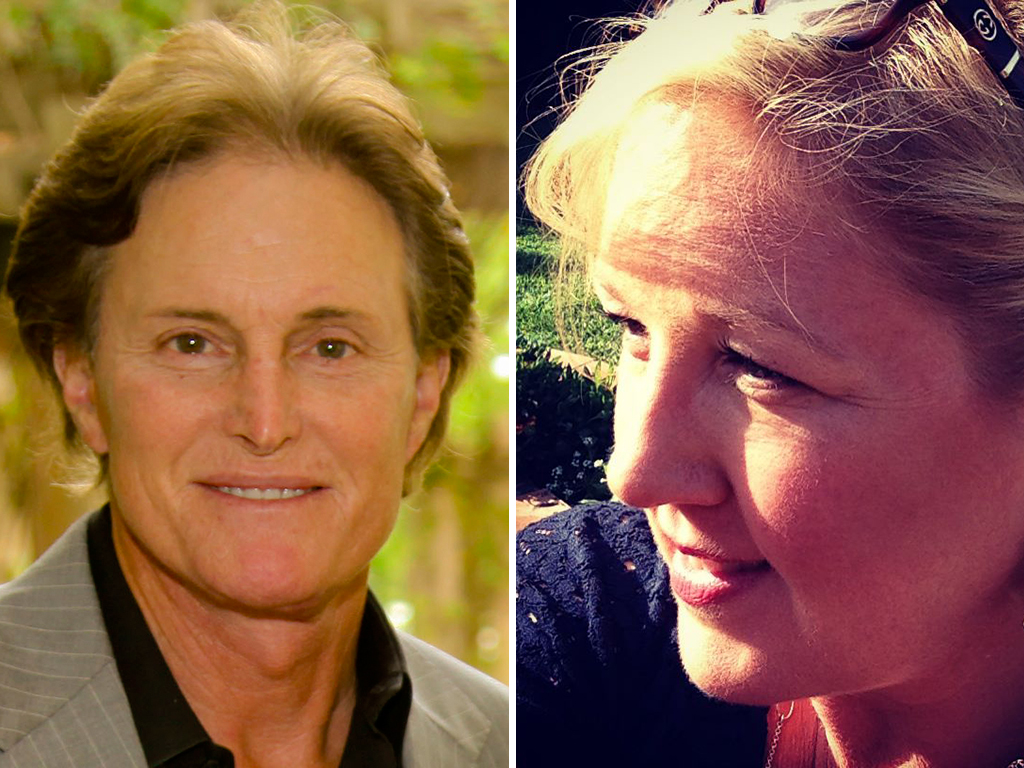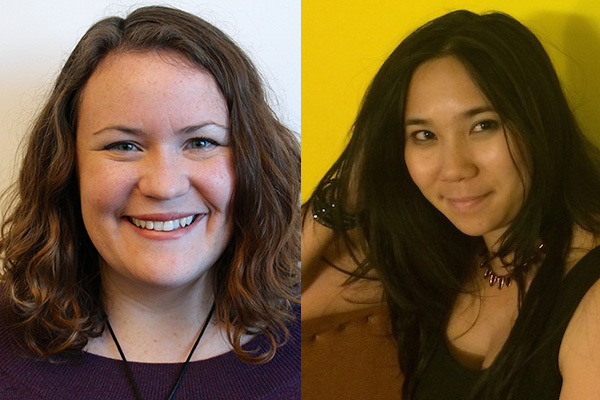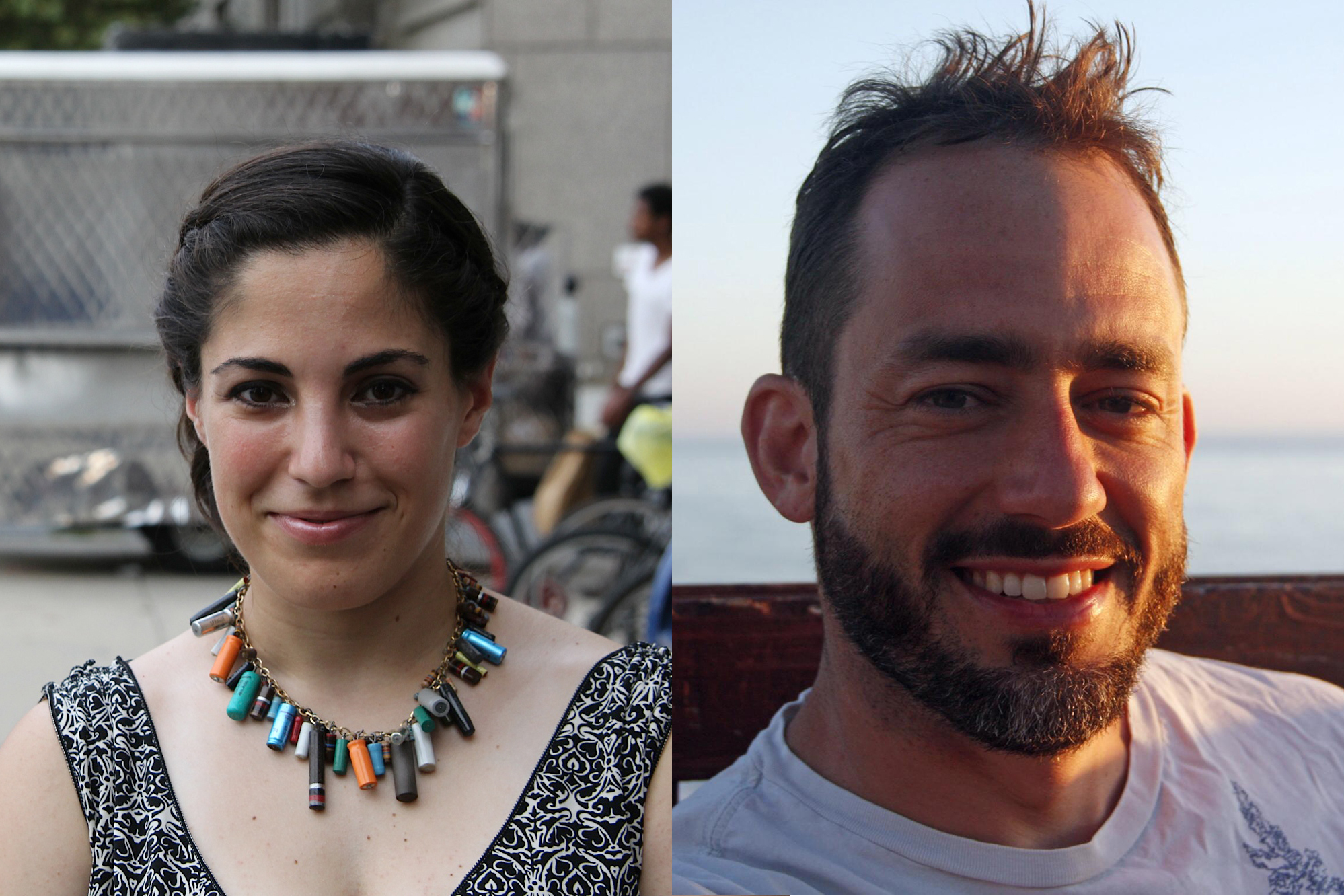Tag: Journalism
KUT removes freelancer’s coverage of its newsroom from website
Managing Editor Matt Largey told news staff that attorneys advised KUT to withdraw the stories from its website, according to three staffers. ...To achieve ambitions for journalism, public radio needs grand strategic plan
It’s time to stop dancing around the commitment for expanding local news and to plan for it strategically.Nonprofit news organizations join campaign for press freedom
Few public broadcasters have joined the coordinated effort to refute President Trump’s attacks on the press.Journalists of color facing racism head-on: ‘It kind of rips you apart’
White nationalists and rowdy Trump supporters have targeted all kinds of media figures at rallies, but journalists of color say they encounter ...CPB puts another $3.3 million into news collaborations
A total of 23 stations are involved in projects funded in this round.Knight Prototype Fund to invest up to $1M in spreading facts
Knight will devote the funding to early-stage projects aiming to combat misinformation.ProPublica builds on election project with database Documenting Hate
Its latest reporting partnership will be an ongoing initiative to verify reports on hate crimes and collaborate on investigations.Knight News Match raises more than $1.2 million
“This is yet another sign that the public is willing to pay for quality journalism,” said Jennifer Preston, Knight Foundation’s VP of ...Framed around broad questions, NPR’s ‘Nation Engaged’ built election coverage with strong local focus
The editorial collaboration tested new approaches for framing news coverage in ways that attract diverse voices and promote the role of local ...Don’t ‘radiosplain’ and other ways to report on communities that aren’t your own
Reporting on communities that aren’t yours requires you to do more than just go to the soul food brunch or record a ...The Pub #16: Tess Vigeland on quitting Marketplace; Transgender people and personal pronouns; Donor influence on programming
For Tess Vigeland, a leap out of the host's seat inspired a book.The Pub #12: Authenticity is the new authority; Focusing on local news; Fixing the news director shortage
A Republican CPB board member suggests that public media shift more resources toward local news.The Pub #10: Pronunciation matters, techies leaving public media, SXSW and reporting on your employer
Why are public media's tech-savvy workers leaving?The Pub, Ep. 8: Public media’s true biases; reconsidering the membership model
On this week's podcast: Can "membership" in public media mean more than just money for tote bags?St. Louis Public Radio mulls response to subpoena
St. Louis Public Radio received a subpoena Jan. 29 from the St. Louis circuit attorney for “all raw and aired video and ...










